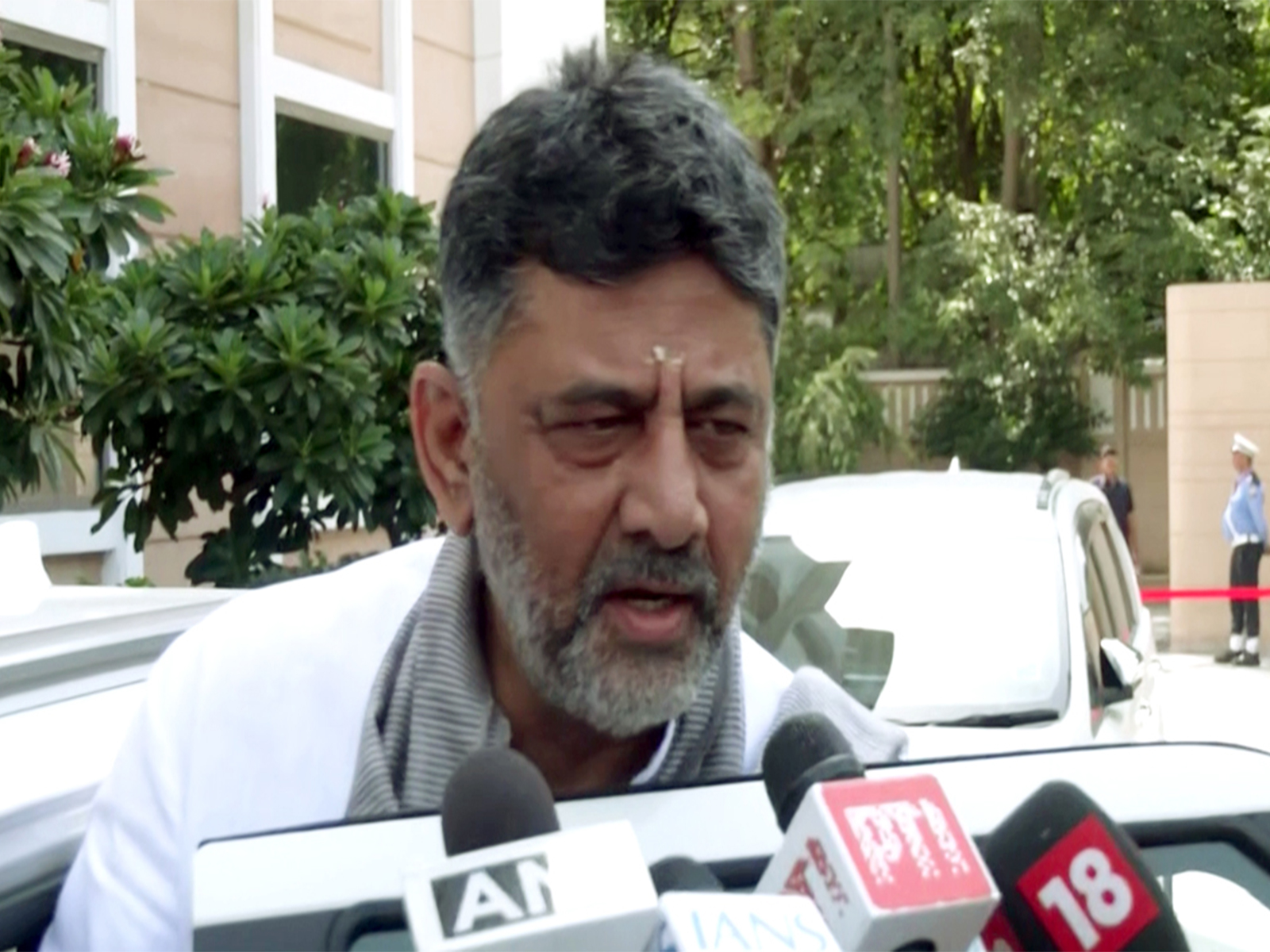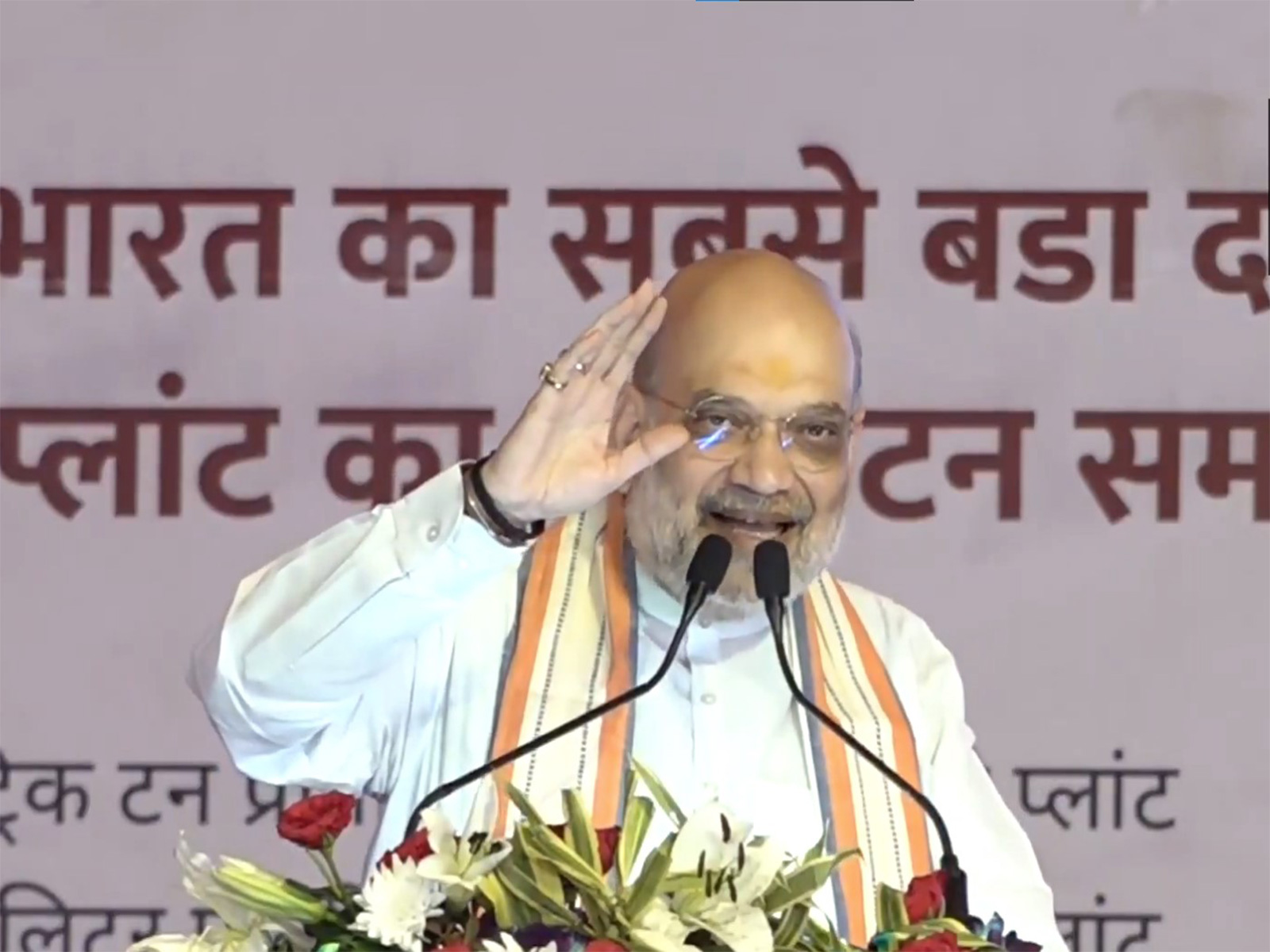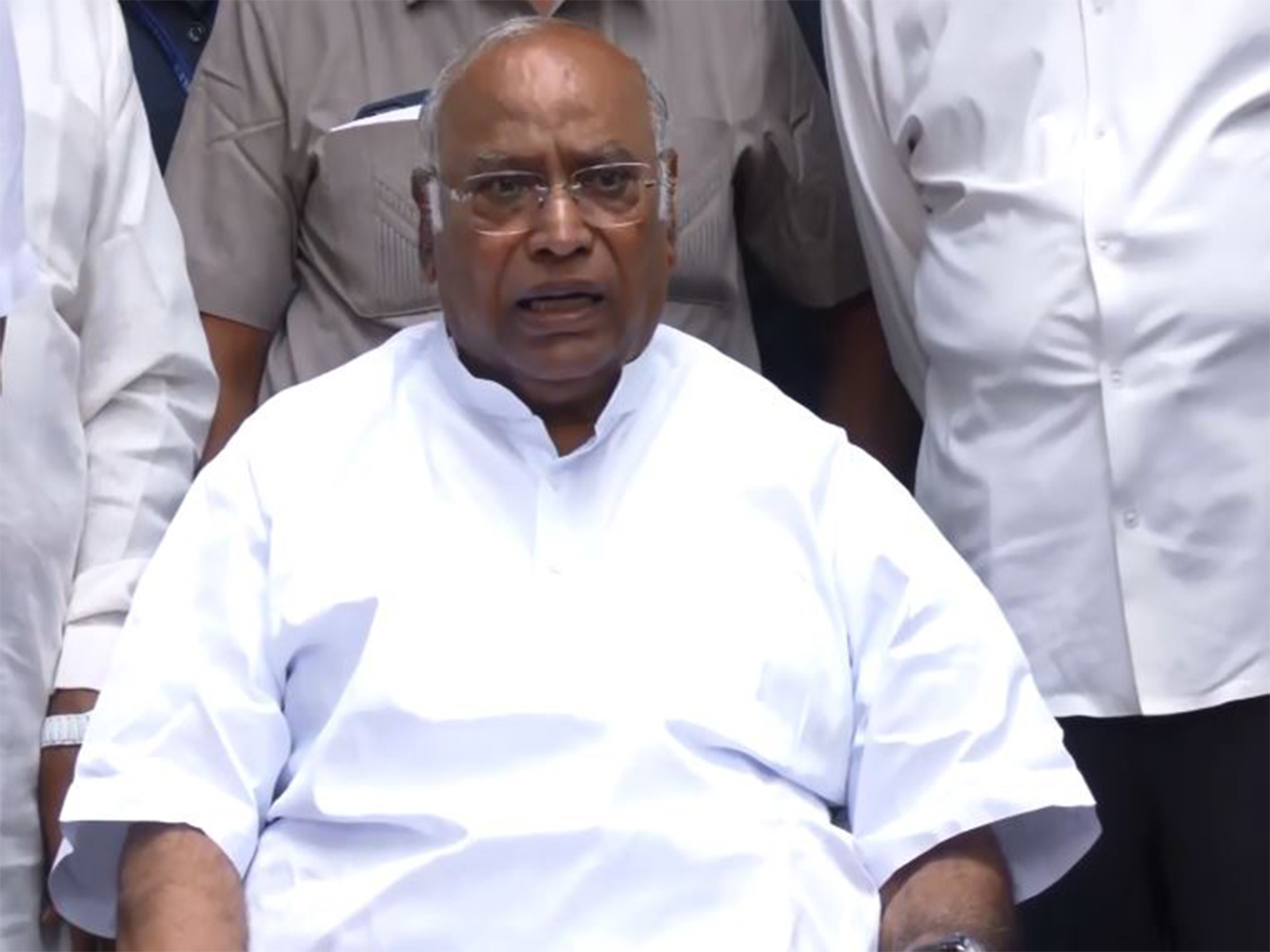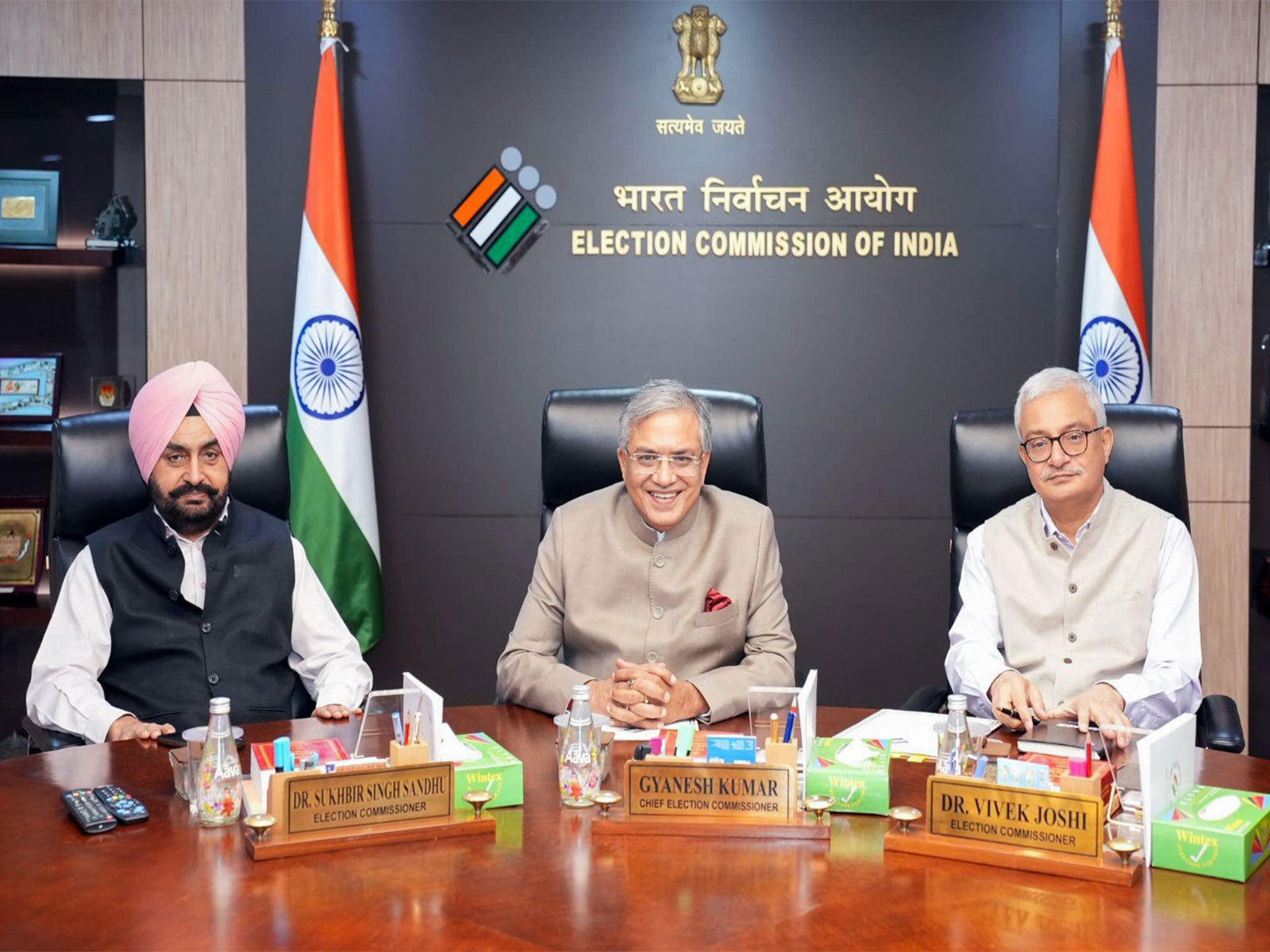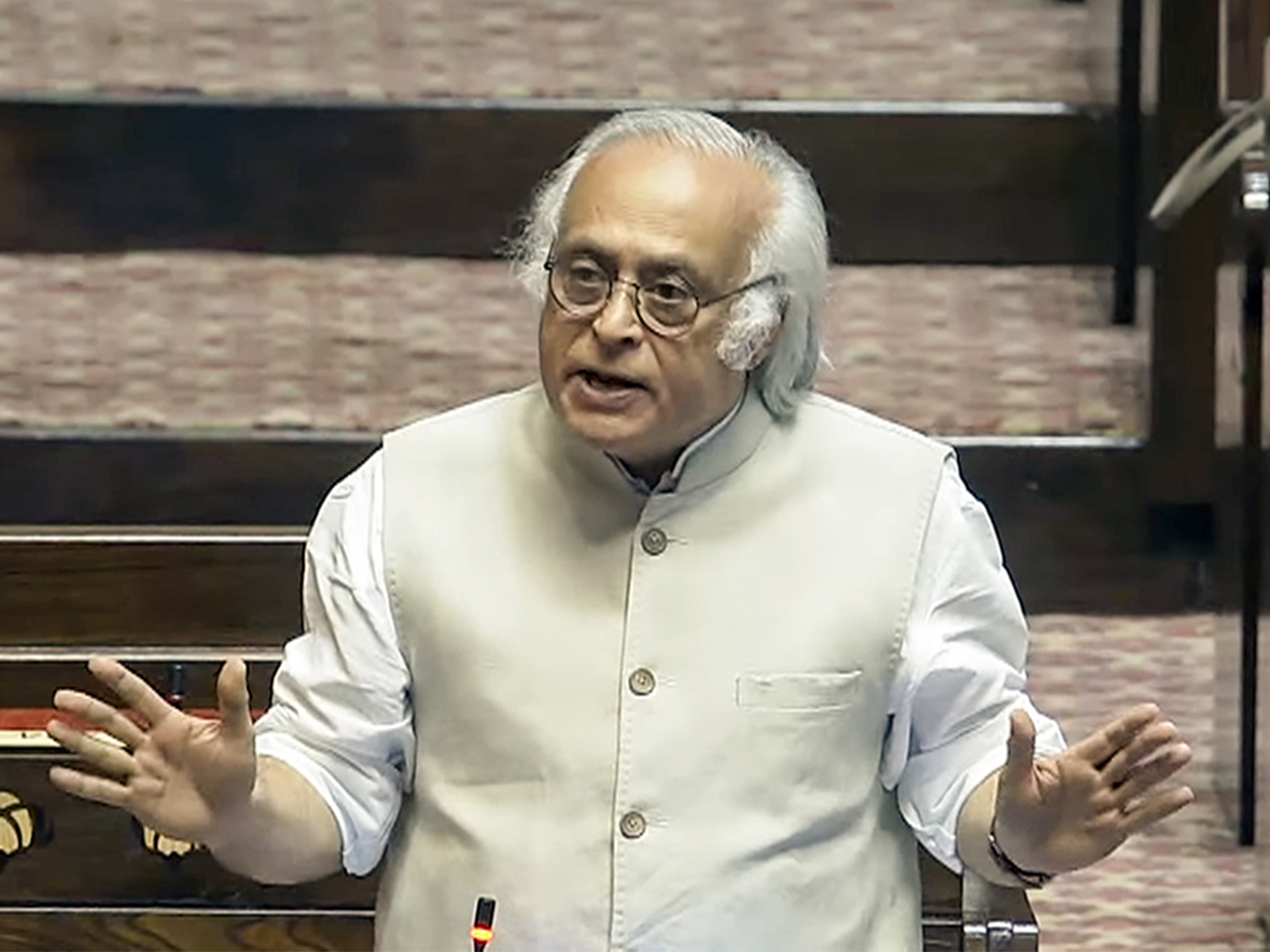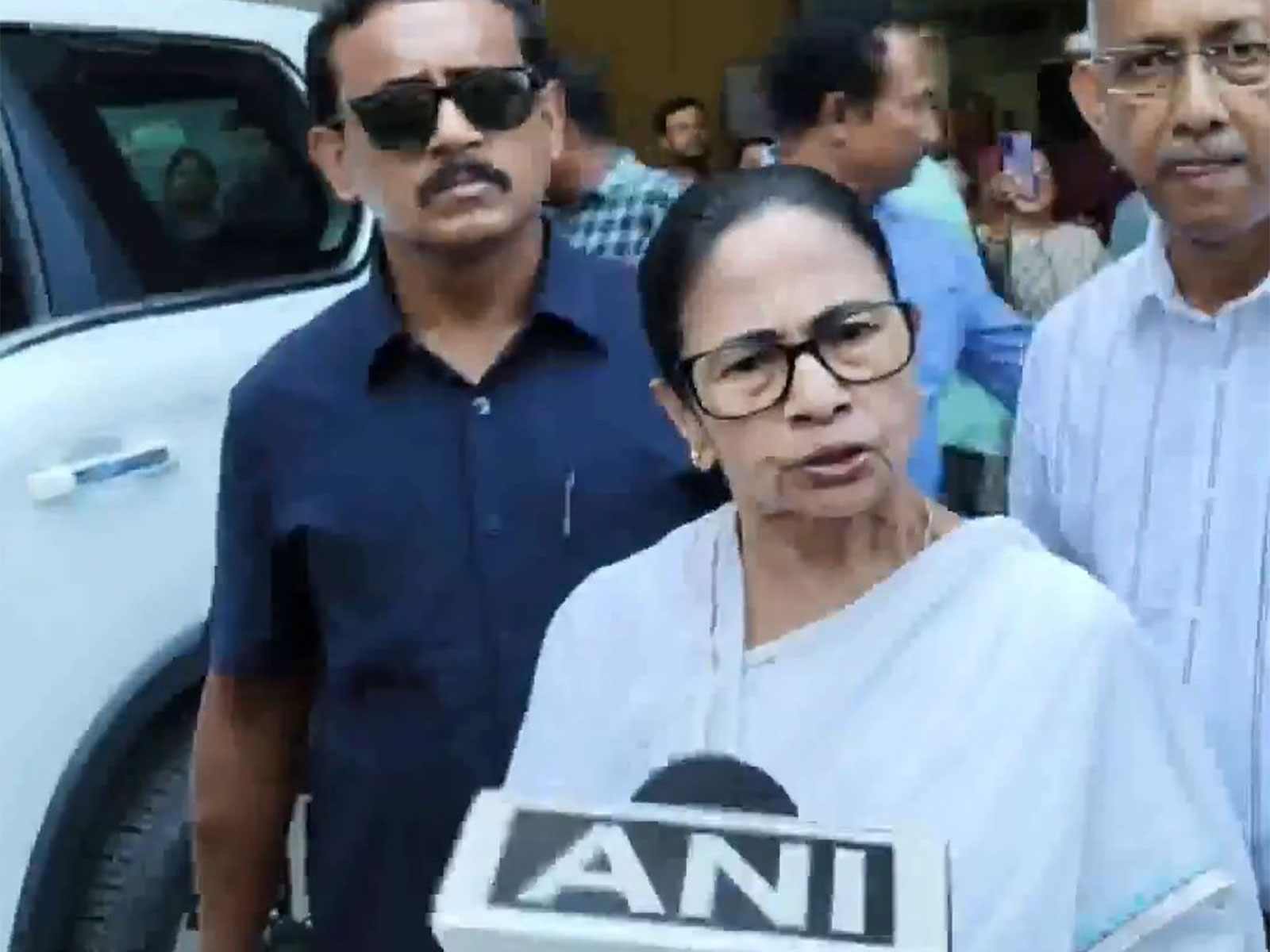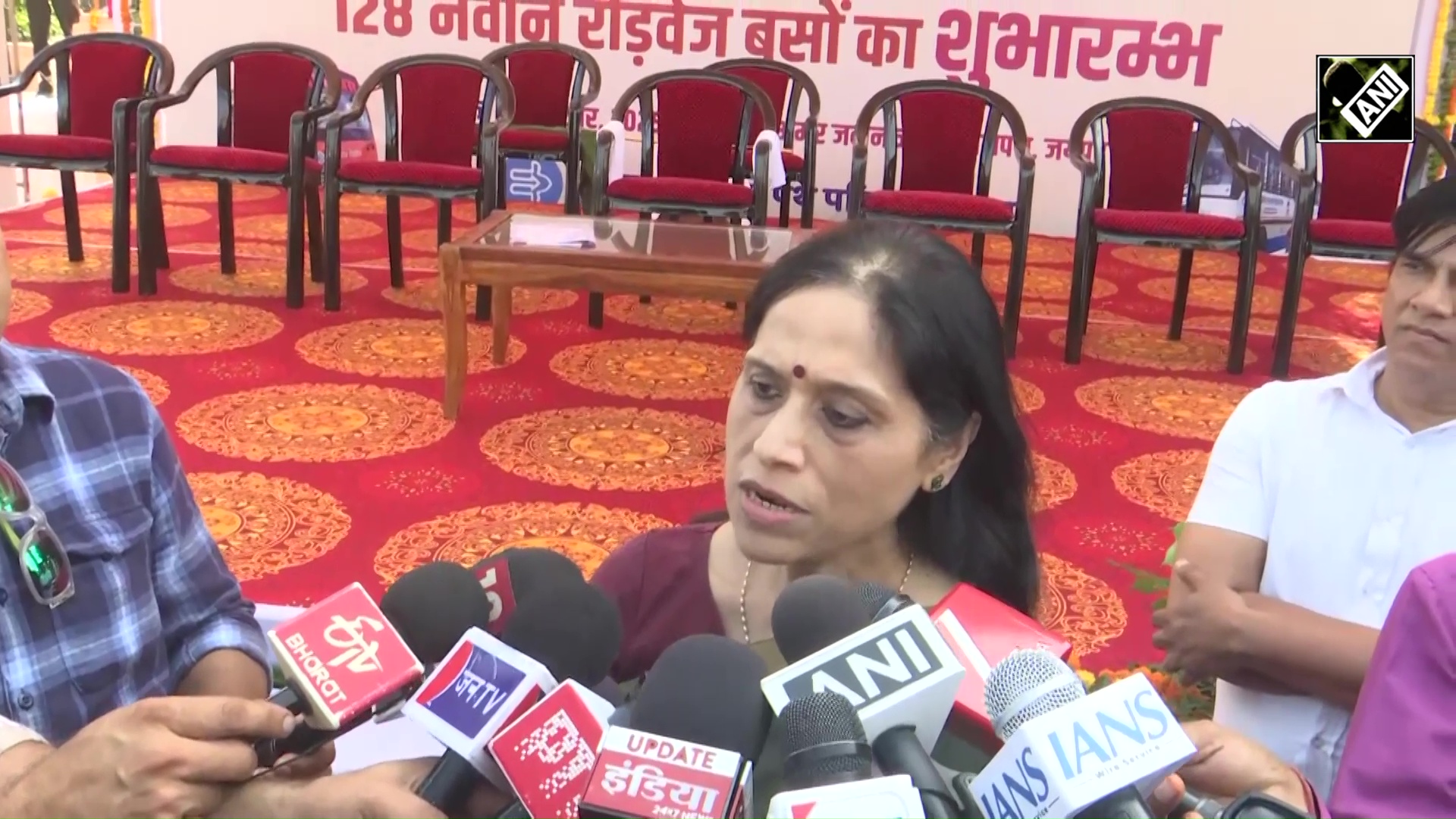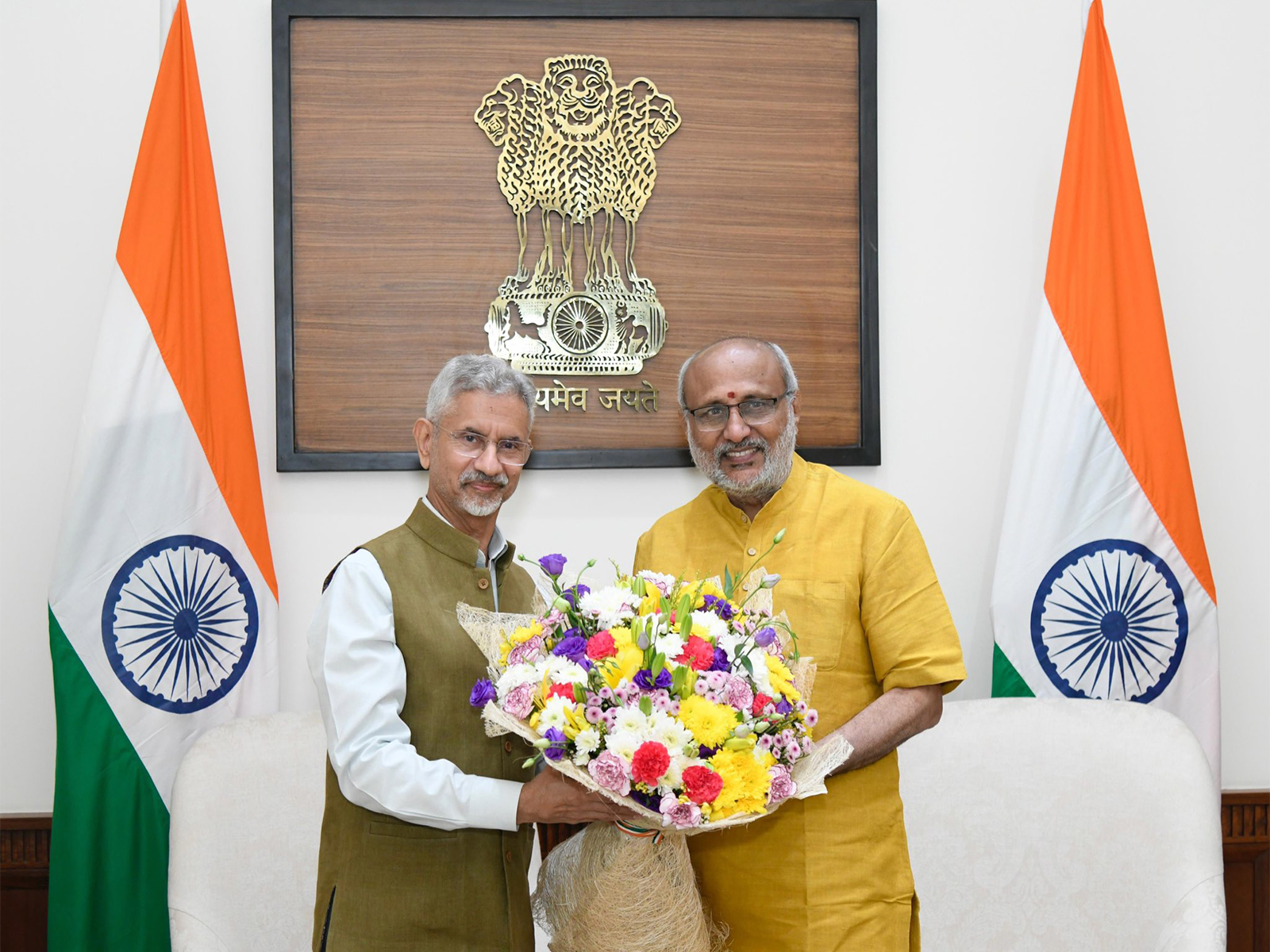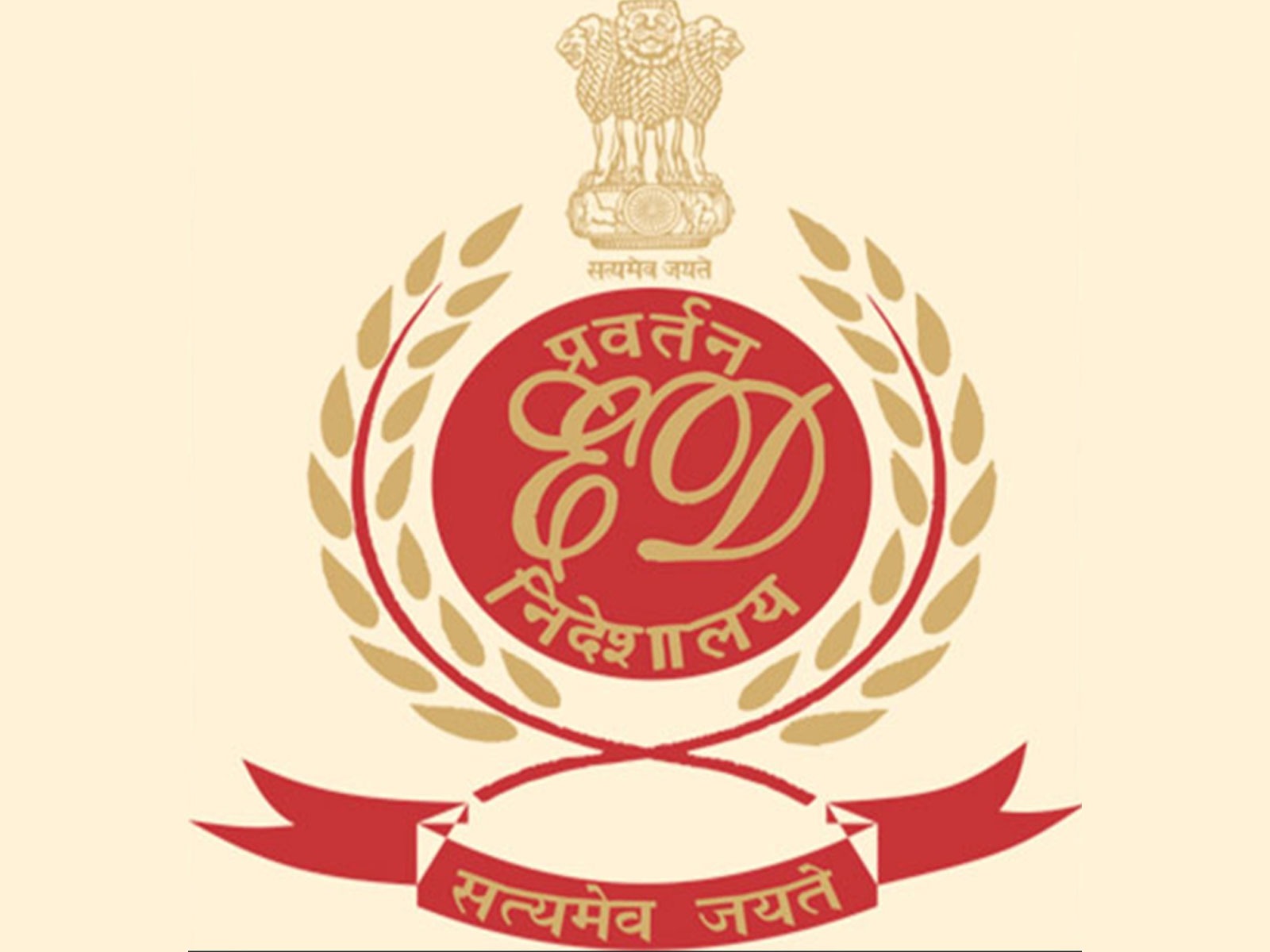
ED introduces new QR code-enabled summons to protect public from fraudsters
Oct 08, 2025
New Delhi [India], October 8 : In a move aimed at protecting individuals from being defrauded by conmen, the Enforcement Directorate (ED) has introduced a new system for generating summons embedded with a QR code and a unique passcode.
This initiative will allow recipients to verify the authenticity of the summons they receive.
Officials of the ED have been instructed to issue summons exclusively through this system, except in exceptional circumstances.
Each system-generated summons will carry the official's signature, stamp, email ID, and phone number for correspondence.
Individuals can authenticate a summons by either scanning the QR code or entering the summons details online. Verification can be conducted 24 hours after the summons is issued, excluding weekends and public holidays.
Summons issued outside the system can be verified by contacting the designated ED contact via phone or email.
The ED has designated Assistant Director Rahul Verma as the point of contact at its headquarters in New Delhi. Verma can be reached at adinv2-ed@gov.in or on 011-23339172 for verification purposes.
The initiative comes in response to recent cases where scammers impersonated ED officials and issued fake arrest orders, misleading the public in the name of "digital arrests."
The ED clarified that arrests are carried out physically, following proper procedure, and that there is no concept of "digital" or "online" arrests under the Prevention of Money Laundering Act, 2002.
"Arrests made by ED are done after following due procedure and are done physically in person. There is no concept of Digital Arrest or Online Arrest under the Prevention of Money Laundering Act, 2002," ED made it clear in the statement, adding its commitment to dismantle fraudulent practices.
The agency also advised the public "not to fall prey to fraudsters impersonating Enforcement Directorate officers."
During the course of the investigation, the ED issues summons under the provisions of Section 50(2) of the Prevention of Money Laundering Act, 2002 (PMLA) and Section 37 of the Foreign Exchange Management Act, 1999 (FEMA).
In the recent past, multiple instances have come to the notice of the ED wherein certain "unscrupulous" persons (conmen) have sent summons to individuals with the motive of cheating or extortion. These fake summons are often similar to the genuine summons issued by ED, and hence, it is difficult for individuals to distinguish between the fake and genuine summons.
